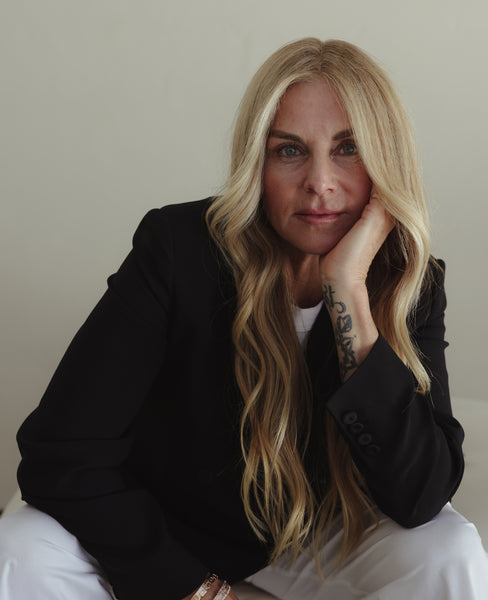Chemical Overload: Why Glass is the Safest Skincare Packaging
EcoConcern is growing about the effect the accumulation of so many chemicals has on human health.
A few years ago ABC Catalyst program ran a story called Our Chemical Lives, in which professors and doctors shared their views about the potential effects of chemicals that are largely unregulated.
Cancer, lower IQ, reproductive problems and disruption to the endocrine system are some of the potential health effects mentioned in the program.
Laureate Professor John Aitken says mothers are being exposed to chemicals during pregnancy and these chemicals are crossing the placenta and going directly into the foetus. BPA mimics oestrogen, and since the placenta exquisitely controls the supply of oestrogen to the foetus, this disrupts the normal development of the baby.
No expectant mother would willingly put her unborn baby’s health at risk, but until more studies are done and regulations put in place, that’s exactly what’s happening. Babies and children are the most vulnerable to the effects of these ubiquitious chemicals, but really, we are all at risk.
PHTHALATES AND BPA
There’s concern over the use of phthalates in cosmetics and skin care products, fire retardants in carpets, furniture and bedding, and bisphenol A, or BPA, which is found in plastic packaging. These chemicals are known to disrupt the endocrine system and can have potentially devastating effects. Scientists are also concerned that certain chemicals are causing low sperm counts and testicular cancer.
In the past 30 years, the incidence of testicular cancer in Australia has increased by over 50%. That’s too big to be entirely genetic, so scientists believe it's environmental.
Girls are going through puberty at a younger age these days — at 9 and 10, instead of 12 or 13. I believe it's partly the oestrogenic chemicals in plasticisers that's doing it.
The reason these chemicals are allowed into packaging, like plastic bottles that contain skincare ingredients, is because they don’t undergo the same kind of safety checks as chemicals that are added to food. However, it’s well known chemicals can leach into the contents of a plastic container, especially once it starts to degrade.
The government says there’s not enough evidence to ban the chemicals so until the correct human trials are done, they’ll continue to allow them into products that directly affect our health.
In a sense, the human trials are already being done, just without our awareness or consent.
In 50 years' time, there might be enough evidence for our governments to ban these toxic chemicals, but for now, it’s up to you to minimise them in yours and your family’s lives as much as you can.
One step you can take (apart from buying everything organic which can be very costly), is to start avoiding plastic packaging wherever possible.
Certainly don’t store or heat your food in plastic packaging, especially takeaway containers. Don’t use plastic drink bottles – use glass or stainless steel.
If possible, buy your cosmetics in glass packaging. We switched most of the Mukti Organics packaging to miron glass in November 2014 because we believe glass is the best storage vessel for our products plus it can be endlessly up-cycled.
Your certified organic skincare products are stored safely in our glass packaging and you have the peace of mind that at least one aspect of your life, your skincare products, isn’t being contaminated by potentially dangerous chemicals.









